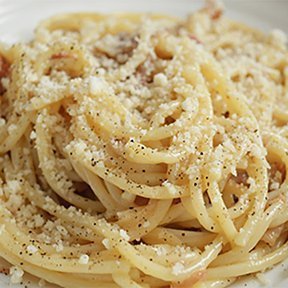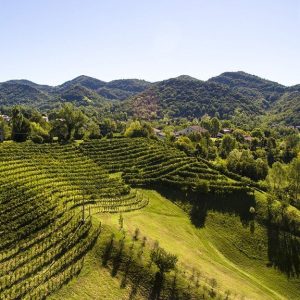When G-d decided to become a food writer: The Passover narrative
Above: Some of the classic foods that American Jews eat for the Passover. Matzah (unleavened bread) is described explicitly in the Bible. Gefilte fish, a type of ground fish loaf, actually has nothing to do with the holiday but it is a tradition for Jews of Central European descent to serve it with the Passover … …read more










